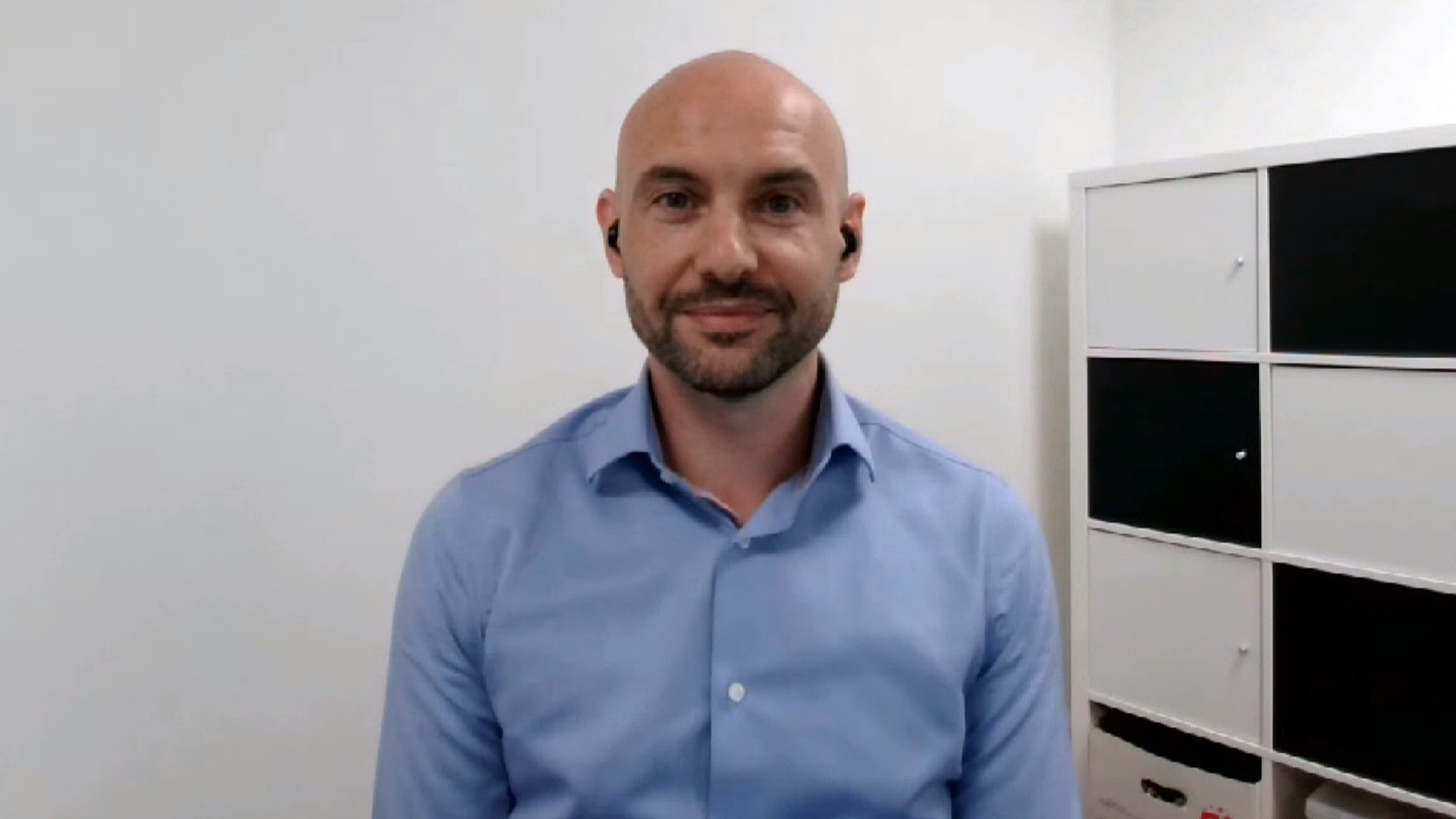 BIG DATA
BIG DATA
 BIG DATA
BIG DATA
 BIG DATA
BIG DATA
Companies are feeling the heat when it comes to mass data fragmentation as copies are multiplying, silos are growing, and data is increasingly spread across multiple locations, both on-premises and in the public cloud.
A survey of information-technology decision makers conducted by Cohesity Inc. found that 91% of respondents said that solving mass data fragmentation could have a positive impact on organizational revenue.
“The vast majority of their leadership was concerned about the level of visibility they have,” said Adam Worthington (pictured), co-founder and chief technology officer at Ethos Technology Ltd. “Reducing silos comes from simplifying, moving away from complexity of infrastructure, reducing the amount of copies of data that you have, and reducing the amount of application environments. The smarter we get with data, the further we move away from legacy elements.”
Worthington spoke with Dave Vellante, host of theCUBE, SiliconANGLE Media’s livestreaming studio. They discussed how data management should focus on meeting the needs of a business, why traditional infrastructure approaches stifle innovation, and compliance concerns among his firm’s clients. (* Disclosure below.)
One of the problems identified in Cohesity’s release on the survey was that more than half of the organizations responding had between four and 15 copies of exactly the same data. This kind of inefficiency can cause havoc in many enterprises as the information silos pile up.
A combination of multiple, duplicative datasets and complexity inherent in private or public clouds has challenged businesses to look for simpler solutions. It is not always an easy task.
“It’s actually really complicated to develop a technology capability to make things simple, to more directly meet the needs of the business through tech,” Worthington said. “You provide self-service capability. I don’t mean just self-driving. I mean making data useful in infrastructure and having it make sense for the business.”
This kind of self-service approach requires that enterprises break away from infrastructure models that may seem efficient at first glance but end up stifling innovation and flexibility for the business, according to Worthington.
“It’s fairly hidden and it isn’t spoken about as much as I think it could be,” Worthington said. “Traditional approaches are often very prescriptive. The infrastructure environment, the way that it’s served up to the users in a packaged kind of way means that they need to use it in whatever way has been dictated. The platform approach, which is the right way to address technology in my eyes, enables the infrastructure to be used flexibly.”
One factor that is driving concerns around visibility into organizational data is regulatory compliance. The General Data Protection Regulation, or GDPR, which went into effect in Europe two years ago, and the California Consumer Privacy Act, which became an active law in January, are two of the more noteworthy examples.
“Everyone that I speak to has concerns around GDPR and compliance and understanding where their data is stored,” said Worthington, who cited a specific client that identified data to meet the law’s requirements. “That was a key metric, a key target for an infrastructure solution, and we were able to provide them with insight into their dataset and enable them to react to compliance requests.”
Watch the complete video interview below, and be sure to check out more of SiliconANGLE’s and theCUBE’s CUBE Conversations. (* Disclosure: TheCUBE is a paid media partner for Io-Tahoe LLC. Neither Io-Tahoe, the sponsor for theCUBE’s event coverage, nor other sponsors have editorial control over content on theCUBE or SiliconANGLE.)
Support our mission to keep content open and free by engaging with theCUBE community. Join theCUBE’s Alumni Trust Network, where technology leaders connect, share intelligence and create opportunities.
Founded by tech visionaries John Furrier and Dave Vellante, SiliconANGLE Media has built a dynamic ecosystem of industry-leading digital media brands that reach 15+ million elite tech professionals. Our new proprietary theCUBE AI Video Cloud is breaking ground in audience interaction, leveraging theCUBEai.com neural network to help technology companies make data-driven decisions and stay at the forefront of industry conversations.